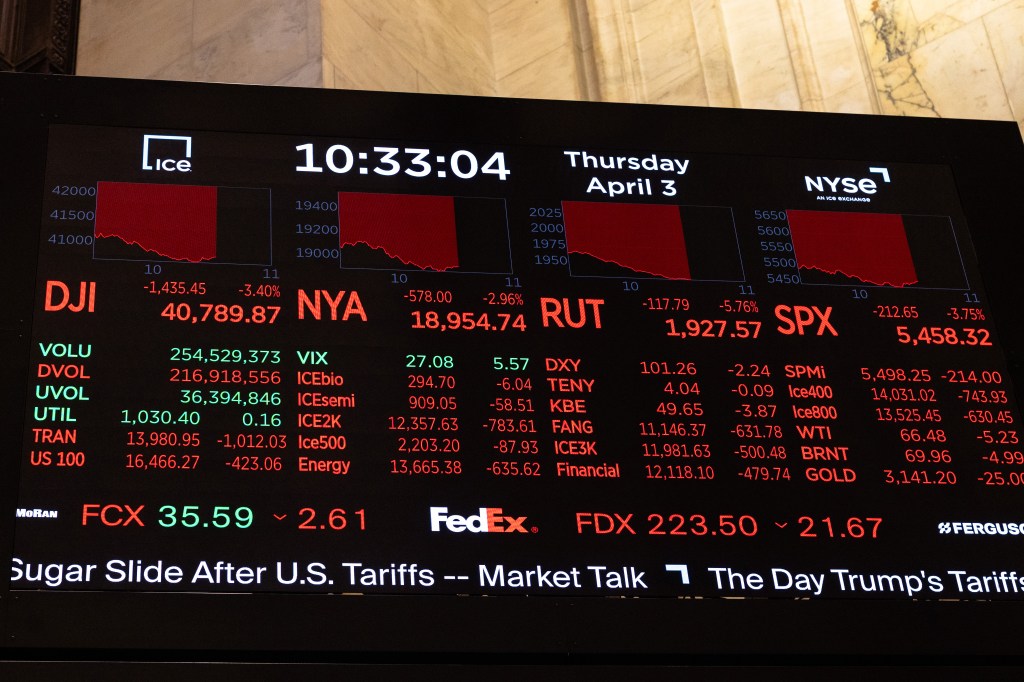Carmen Cracknell, Senior Reporter

The multitude of regulators in the US will continue to be an issue – particularly when it comes to innovative areas such as crypto and AI.
There will also need to be more clarity around regulation like the Consumer Duty in the UK. Firms cannot simply be expected to self-appraise without more tangible guidance from the Regulator. Could one perhaps hope for some enforcement action?
Jean Hurley, Commissioning Editor

In Switzerland, lawmakers are demanding more powers for Swiss regulator FINMA to fine, as well as obliging banks to name key risk takers and publish stress tests.
I predict more enforcement across the US, UK, and EU regarding privacy and cyber regulations.
Martin Cloake, Managing Editor

Elections in the US and UK will have a big bearing on what will be the continuing battle between big and small state visions, and the implications of those visions for regulators.
In the UK, preparations will be made for a regulator in a new area, professional soccer, and this experiment will be watched closely.
Martina Lindberg, Production Manager

With the US and Australia setting a strong example in terms of enforcement action, I think more countries will likely follow suit.
But I do think that regulators in other jurisdictions may well mix enforcement with reprimands and other, softer approaches.
An example of the latter is the UK’s ICO, which is approaching its regulatory obligations by way of a ‘tell-and-learn’ approach.
Thomas Hyrkiel, Head of Content Services

The US is in a very dominant position currently and will continue to enforce actively and forcefully.
But it will increasingly find itself over-reaching and a very active year in terms of enforcement will be followed by a period of retrenchment.
Regulators in other countries feel apathetic and sluggish and will continue to be under real pressure to improve their competitiveness vis-à-vis global rivals while protecting local consumers.
These are not good ingredients for consistent or predictable regulatory action.

















